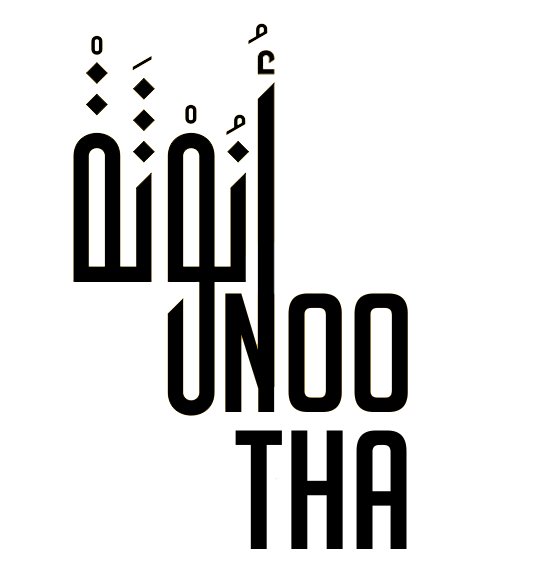The Period Talk
If you are a girl from a conservative society then you will definitely understand what I am talking about in this article. How many of you struggled when you first got your period? How much more did you know about periods than about a tampon or a pad? How did you feel? Perplexed? Periods are a taboo topic in many countries in the MENA region. I am sure so many mothers haven’t advised their girls and taught them much about periods. Not so many of us have had the period talk we once desperately needed, especially in the first few months, or received answers to all those questions we had.
A few weeks ago, I had a fight with a total stranger online after I tweeted something about my period pains. They attacked me and asked me to make my account private if I were to write about such a disgusting thing. I told them immediately that periods are normal and something every woman gets. However, they opposed me and replied that it is nasty, that I should not talk about whatever comes from between my thighs.
I felt attacked even though I didn’t care much when I tweeted at that time. They wanted to shame me for merely talking about one of the things that keep us, women, healthy. At some point, I wanted to delete the tweet but was eventually decided not to. I thought about how if we don’t make it normal, it will always be considered taboo, so we must at least address it on social media until it becomes normal.
That situation made me remember that periods are still a taboo topic to talk about or even address freely. Unfortunately, it requires a lot of effort and awareness to normalise them. The process starts from our schools because, even there, teachers are not helping young girls when they first get their periods.
Women in this region are also involved in making this an issue because they are going by the book of culture and traditions. It is wrong not to teach your girl about periods; they are not only blood or a puberty hit, it goes further than that. Periods are about understanding the cycle and everything related to it. Mothers must not feel shy about discussing this with their girls just because they couldn’t with their own mothers. It is just as unfair to them to leave them hanging and waiting for answers.
Most girls nowadays either ask their closest friends or relatives, or search online – if they have access to internet – if they want their questions answered. Girls trust their mothers with everything but when a mother feels awkward, everything will change. I am not entirely blaming mothers but the importance of talking about period normally with their young daughters can help clarify so many questions, and it will make things easier later on.
As I mentioned above, schools must take serious steps and implement workshops and discussion circles for young girls, explaining to them the process scientifically, answering their questions openly, and, most importantly, making them feel safe; it is scary when you know nothing about periods other than the fact that you are going to be mature – physically, at least. Periods are normal, and we should start treating them that way.
Malak Altaeb is an Environmental Policy Masters student at Sciences Po University in Paris, France. She has a bachelor’s degree in Chemical Engineering from University of Tripoli in Libya. She participated in two exchange programs in the United States of America; the first one was Space Camp 2010, and the Middle East Partnership Initiative MEPI 2015. She participated in civic society projects in different fields, such as youth and women empowerment, climate change, and art. She is now a member of the Libyan Youth Climate Movement (LYCM). She is a blogger and has written for different domains and magazines including sister-hood magazine, climate tracker, Libya’s Herald, Libyan Express, Ascends Magazine, and Libya investment. She is an advocate for women empowerment, youth, education, and climate change.
